HEALTH
Everyone deserves access to essential healthcare.
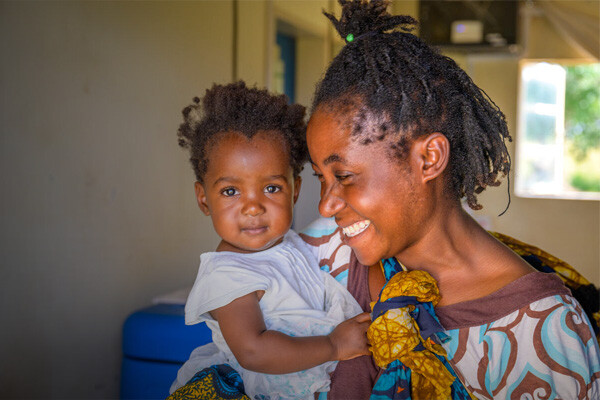
Everyone deserves access to essential healthcare.
Give to the Global Health Fund
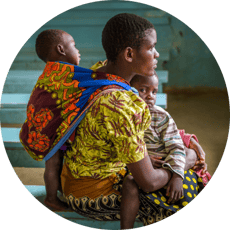
1.8 billion people are at greater risk of infections because their health center does not have clean water, adequate sanitation, or handwashing facilities.
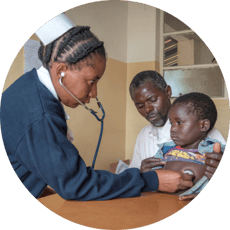
World Vision reaches more health centers with clean water, handwashing facilities, infection prevention protocols, and training of healthcare workers than any other nongovernmental organization (NGO). World Vision reached 2,000 health facilities serving an estimated 18 million people between 2019 and 2023.
With your partnership, see the impact we’re making. Click here to view the Health Impact Summary.
831 rural healthcare facilities were upgraded in 2023 and 2024
6x more children diagnosed with malaria in our Zambia project area were taken to the appropriate care provider.
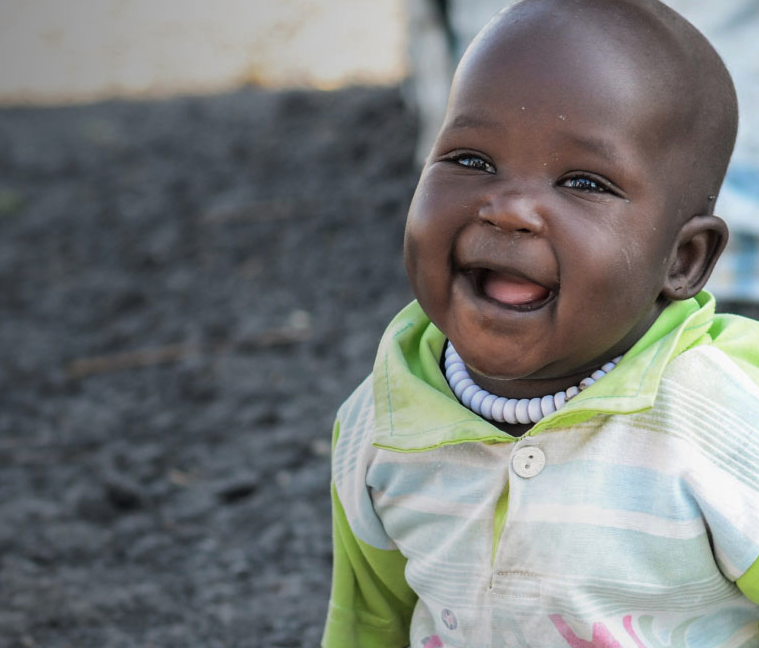
See the people and places whose lives are being transformed in the name of Jesus Christ. Watch videos to learn more about our work.
We are blessed to partner with hundreds of Christian philanthropists and couldn’t do this work without them. And we’re able to reach more people because of our highly collaborative local and global partnerships within private and public sectors.



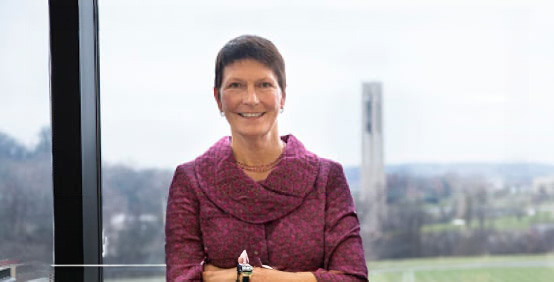
Dr. Anne Klamar
donor partner, Ohio
"The things that most impressed us was the breadth, depth, and interconnectedness of World Vision's health programs."
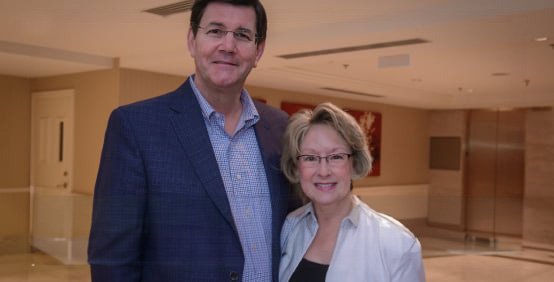
Laura Abernathy
donor partner, Georgia (with her husband Robert)
“I visited several health clinic that were without electricity. And then I was able to go back three years later and see the difference – see a facility with clean water, electricity and solar power.”
World Vision Inc. is a registered 501(c)3 nonprofit organization. All donations are tax deductible in full or in part.
© 2024 World Vision, Inc. All rights reserved.